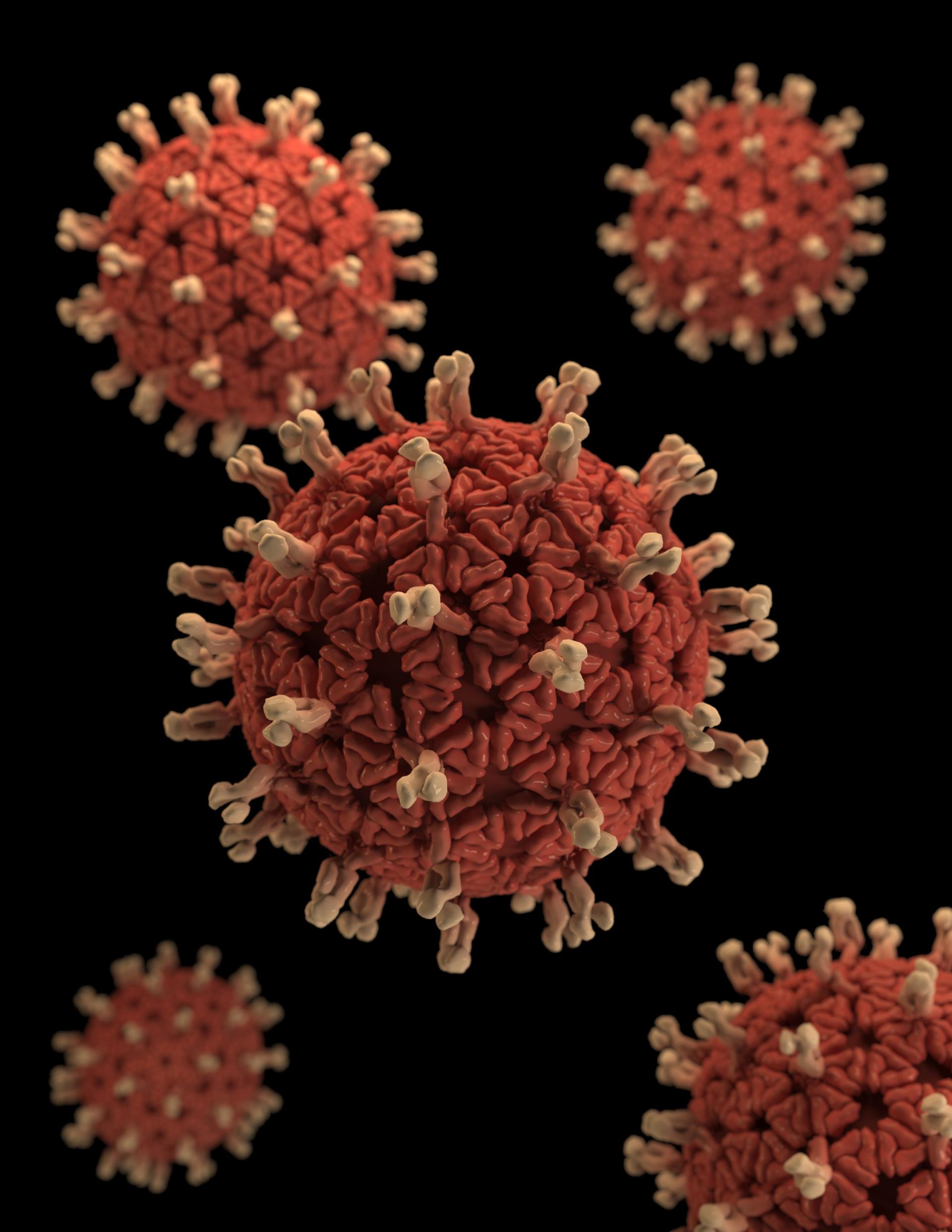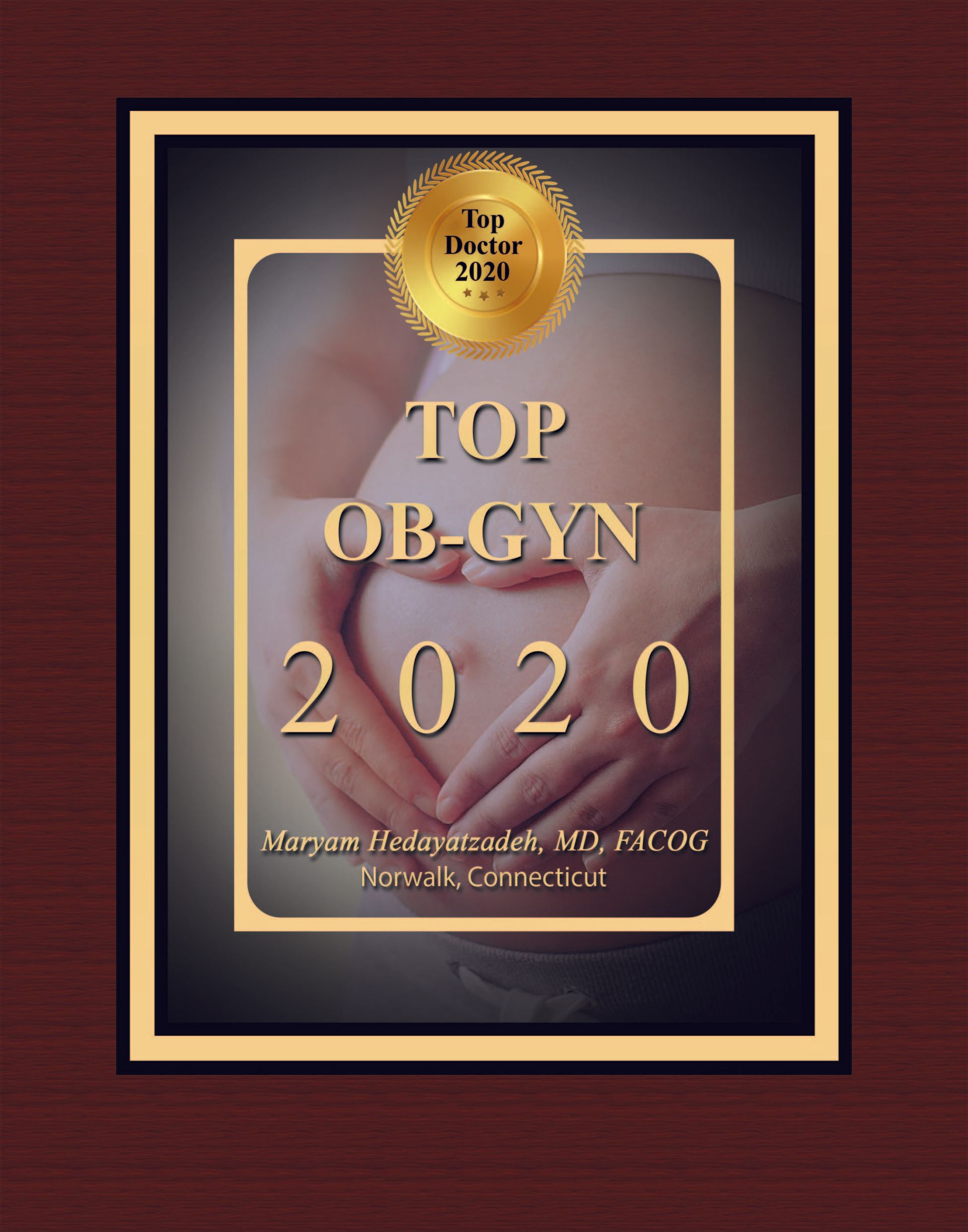Fairfield County Top Doctors
March 11, 2021
Fairfield County's Top Doctors 2021
We are honored that five of our doctors were awarded TOP DOCTOR in 2021 in Obstetrics & Gynecology by Fairfield Living, Greenwich, New Canaan-Darien, Westport, and Stamford Magazines. Each year Moffly Media selects doctors using criteria provided by the physician-led experts at Castle Connolly, a medical data research firm.
This year awards were presented to:
- Dr. Thomas Ayoub
- Dr. Deanna Delprete
- Dr. Sujata Pendyala
- Dr. Jay H. Ugol
- Dr. Christine E. Waldron

Happy St. Patrick’s Day from the WHCNE family! Wishing you a joyful and festive St. Patrick’s Day! At Women’s Health Care of New England, we celebrate the spirit of community and care. Our dedicated team is here to support you with quality, compassionate healthcare. Enjoy the day in good health and happiness!

Women’s Healthcare of New England is seeing patients and actively screening each patient to ensure they do not expose our office or patient community to any illness. If you have a medical emergency, please do not show up at our office or at the hospital, but instead call ahead and find out the recommended course of action. Following appropriate guidelines and practicing proper technique will benefit both patients and clinicians and better prevent the further spread of the COVID-19 virus. The most important thing to do is to remain calm and think clearly. Key guidelines to stay safe: • Wear a mask • Limit your interactions, and keep a 6 foot distance from others. • Wash your hands (for at least 20 seconds) often throughout the day • Don’t touch your face • Keep surfaces clean These steps will help to reduce the spread of the virus and hopefully prevent further exposure in uninfected individuals. On a larger scale, the government’s response to the coronavirus (COVID-19) outbreak is constantly evolving, we recommend that you stay up-to-date on information from verified sources. Learn more online from the Centers for Disease Control and Prevention (CDC) https://www.cdc.gov/coronavirus/2019-ncov/index.html State of Connecticut https://portal.ct.gov/Coronavirus. By phone, you may contact 1-800-CDC-INFO, call 2-1-1, or text “CTCOVID” to 898211 for more information. To receive updates about the virus and how the government is responding to it, you may subscribe to the CDC’s Subscription Service https://www.cdc.gov/Other/emailupdates/.

NovaSure is a quick, safe, and simple procedure to lighten or stop your periods, without the side effects of hormones or the risks of hysterectomy. NovaSure Endometrial Ablation is a one-time, 5-minute procedure that gently removes the lining of the uterus. The NovaSure procedure can reduce or stop bleeding altogether. About one third of all patients who undergo the procedure achieve complete amenorrhea, while the other two thirds most often experience a lessening or lighter flow. The procedure is done in the office with little to no anesthesia. The NovaSure probe is inserted into the uterus and a gentle radio frequency is applied. This radio frequency removed the lining of the uterus and it takes about 5 minutes to do. Immediately after the NovaSure procedure, some women may experience some cramping, mild pain, nausea, and/or vomiting. Most women feel back to themselves and can resume normal activities within a day or so. A watery or bloody discharge following the NovaSure Endometrial Ablation procedure is normal. In a clinical study, 12 months after the NovaSure procedure 95% of patients were satisfied with the results and 97% said they would recommend NovaSure to a friend.

GOOD NEWS With early detection screening, you can lead a wonderfully full life without necessarily, the need for a mastectomy ONE SIMPLE GUIDELINE Everyone should start annual screening mammograms at age 40 regardless of risk factors and family history. Connecticut Law States "If your mammogram demonstrates that you have dense breast tissue, which could hide small abnormalities, you might benefit from supplementary tests, which can include a breast ultrasound screening or a breast MRI examination, or both, depending on your individual risk factors." (Senate Bill 458) At Women's Health Care of New England, every mammogram requisition gets marked "Follow with breast ultrasound for dense breasts or other masses". Yearly breast imaging is not just for you, it's for your whole family. Jay Ugol, MD Staff Member at Women’s Health Care of New England Fellow of The American College of OB/GYN

Types There are several different types of incontinence. The two most common in women are stress incontinence and urge incontinence. Stress urinary incontinence is the loss of urine when a women coughs, sneezes, laughs or exercises. It is caused by a weakening of the tissues that support the bladder or the muscles of the urethra. Urge incontinence is the leakage of urine caused by overactive bladder muscles that contract too often or problems with the nerves that send signals to the bladder. People with a combination of both stress and urge incontinence are said to have mixed incontinence. In addition to leaking, some women may experience urinary urgency, frequency, pain or increased voiding during hours of sleep. Causes Incontinence may be caused by a variety of different factors such as urinary tract infections; medications; bladder growths; fistula formation; pelvic support problems or neuromuscular problems. Diagnosis Incontinence can be diagnosed by several methods. You may start by discussing your symptoms with your provider and undergo a pelvic exam in the office. Your physician may ask you to keep a voiding diary for a few days and to return for urodynamic testing. Urodynamic testing is an office procedure in which the bladder is filled through a catheter to see how much urine your bladder can hold and what makes you leak. Treatment There are many options for treatment such as lifestyle changes, bladder training, physical therapy, a vaginal pessary, medications and surgery. Some of the lifestyles changes that may help include weight loss, avoiding constipation, limiting caffeine and alcohol and smoking cessation. Bladder training can help you learn to go to the bathroom less frequently by retraining you bladder to hold more urine. The goal is to increase the time between voiding to a normal interval, every 3-4 hours. Kegel exercises tone your pelvic muscles. They can be done at home or with a physical therapist using a technique called biofeedback. A pessary is a silicone devise that can be placed in the vagina to help pelvic support. Your provider and fit you for the appropriate size and shape. There are several medications that help control unwanted bladder contractions associated with urge incontinence. Your provider can help you decide which medication would work best for you. Surgical options are also available and offer the highest cure rate for stress incontinence. Often treatments are most effective when used in combination. Summary Although leaking urine can be difficult to talk about, it is not normal at any age and is often treatable with simple measures. Talking about it with your healthcare provider is the first step in getting help for this problem that is affecting your lifestyle.

Cervical cancer screening is used to find changes in the cells of the cervix that could lead to cancer. Screening includes the Pap test and, for some women, testing for human papillomavirus (HPV). Cervical cancer screening is important because it usually takes three to seven years for high-grade cervical changes to become cancer. Regular screening gives patients and ob-gyns time to find cervical cell changes and discuss possible treatment before the cell changes become cancer. For guidelines on when and how often to screen, read the Cervical Cancer Screening FAQ .

I often receive this question from my adult patients. The old adage was to come in for the first GYN visit (which really meant exam) at age 18 “or sooner if they are sexually active." The American College of Obstetrics and Gynecology now recommends the first GYN visit take place between ages 13 and 15 - whether that includes an exam or not is a different issue. As noted by the American Academy of Pediatrics, (Pediatrics, 2013) sexual activity is, and has long been rare among those 12 and younger. By contrast, older teens (aged 17-19) are sexually active; however, approximately 30% of those aged 15-16, have had sex. We at Women's Health Care of New England encourage you to bring in your daughter/s for a "consult appointment". The focus of the appointment would be heavy or irregular menses or cramps, as well as STD prevention and birth control. We might ask your permission to talk with your daughter a few minutes alone, so that we might ask and answer any questions openly. We will inform her that this information is confidential and will not be shared with the parent unless she consents. We encourage you to contact our office for this most important initial visit. Jay Ugol, MD





